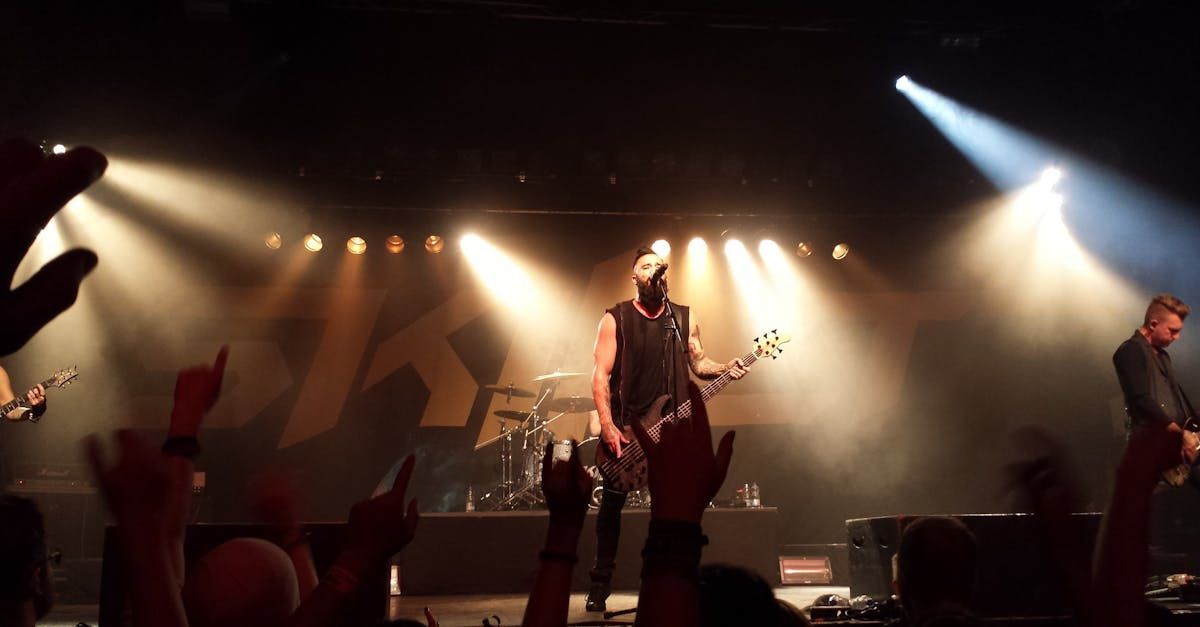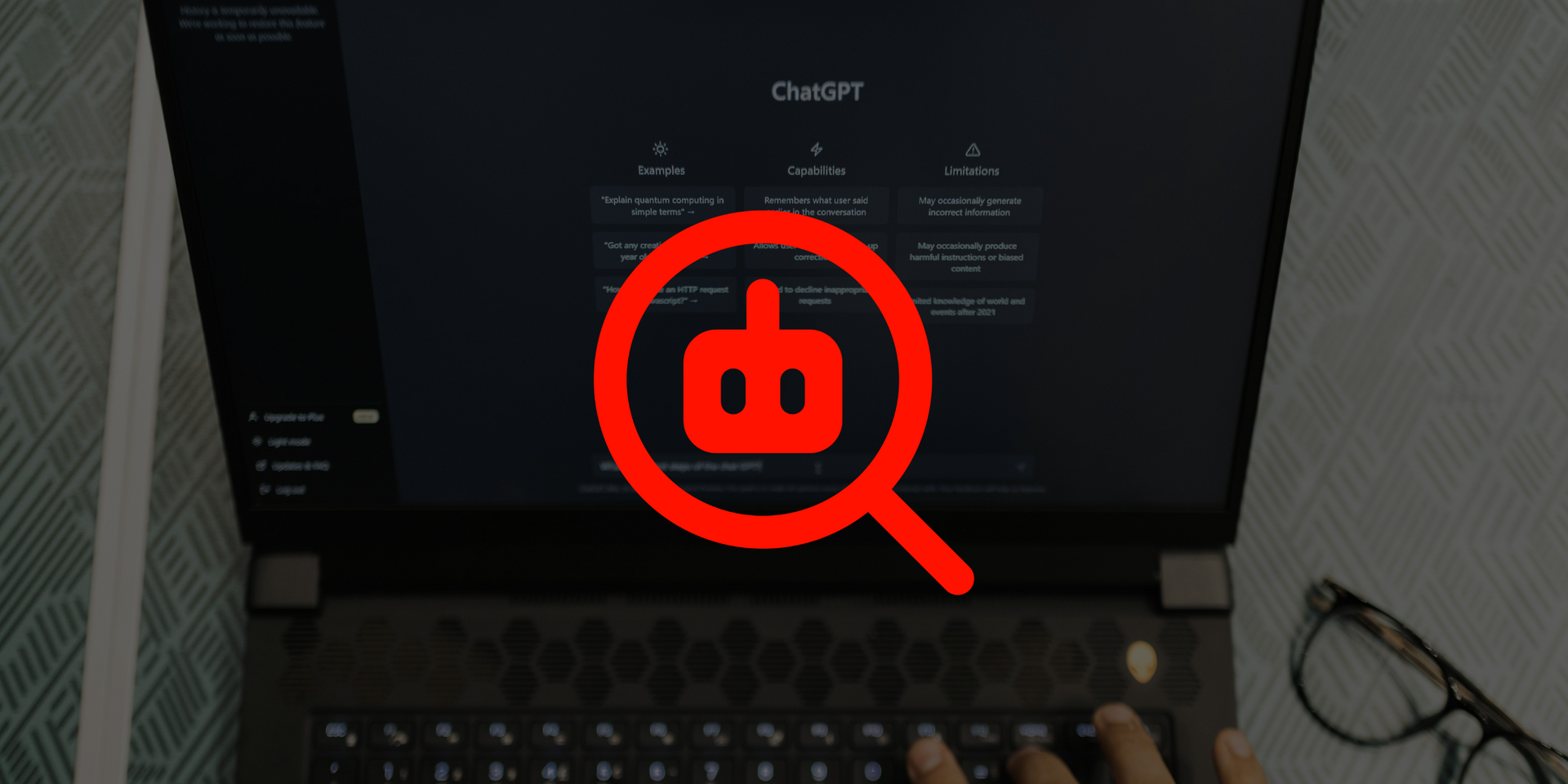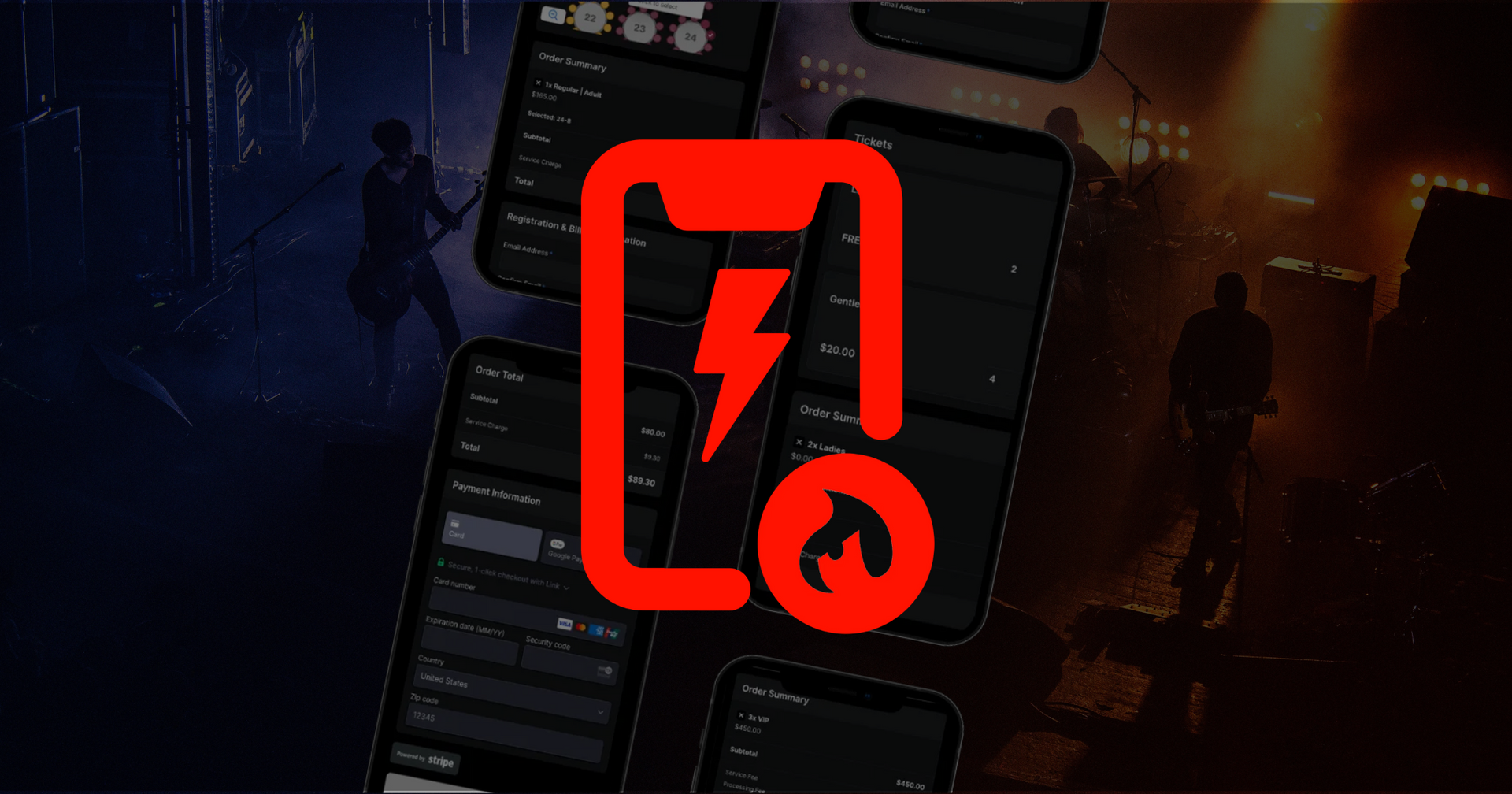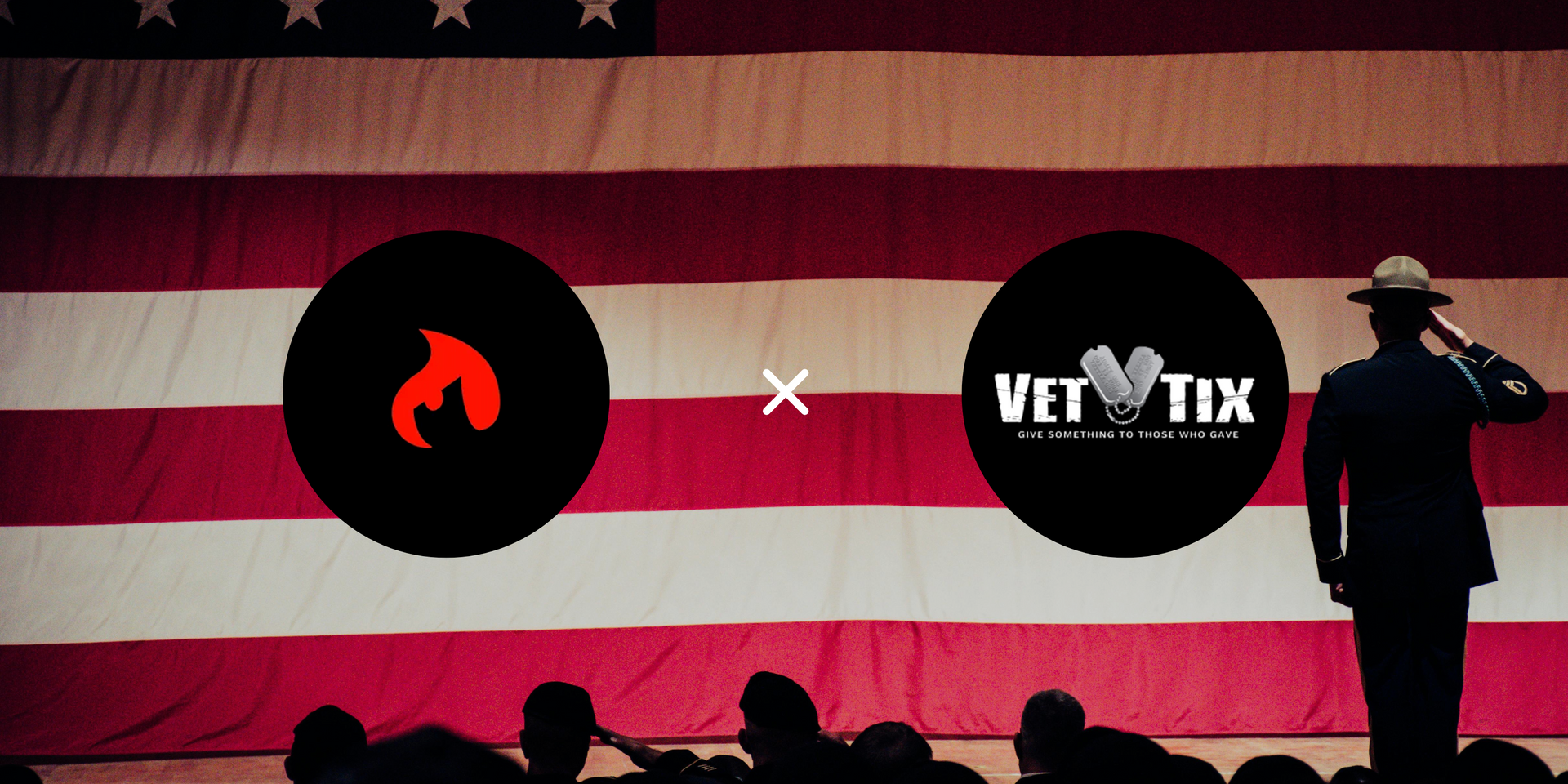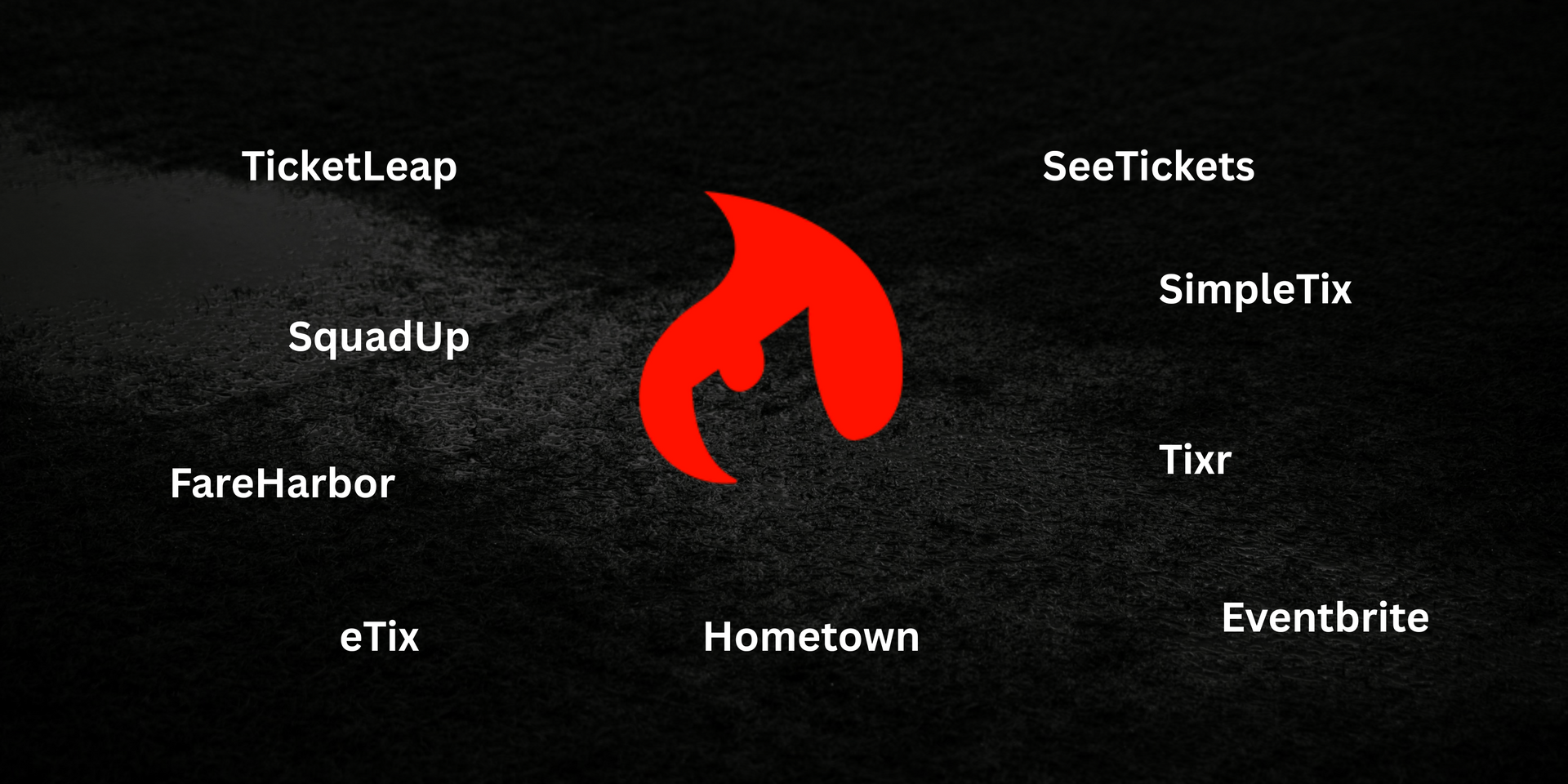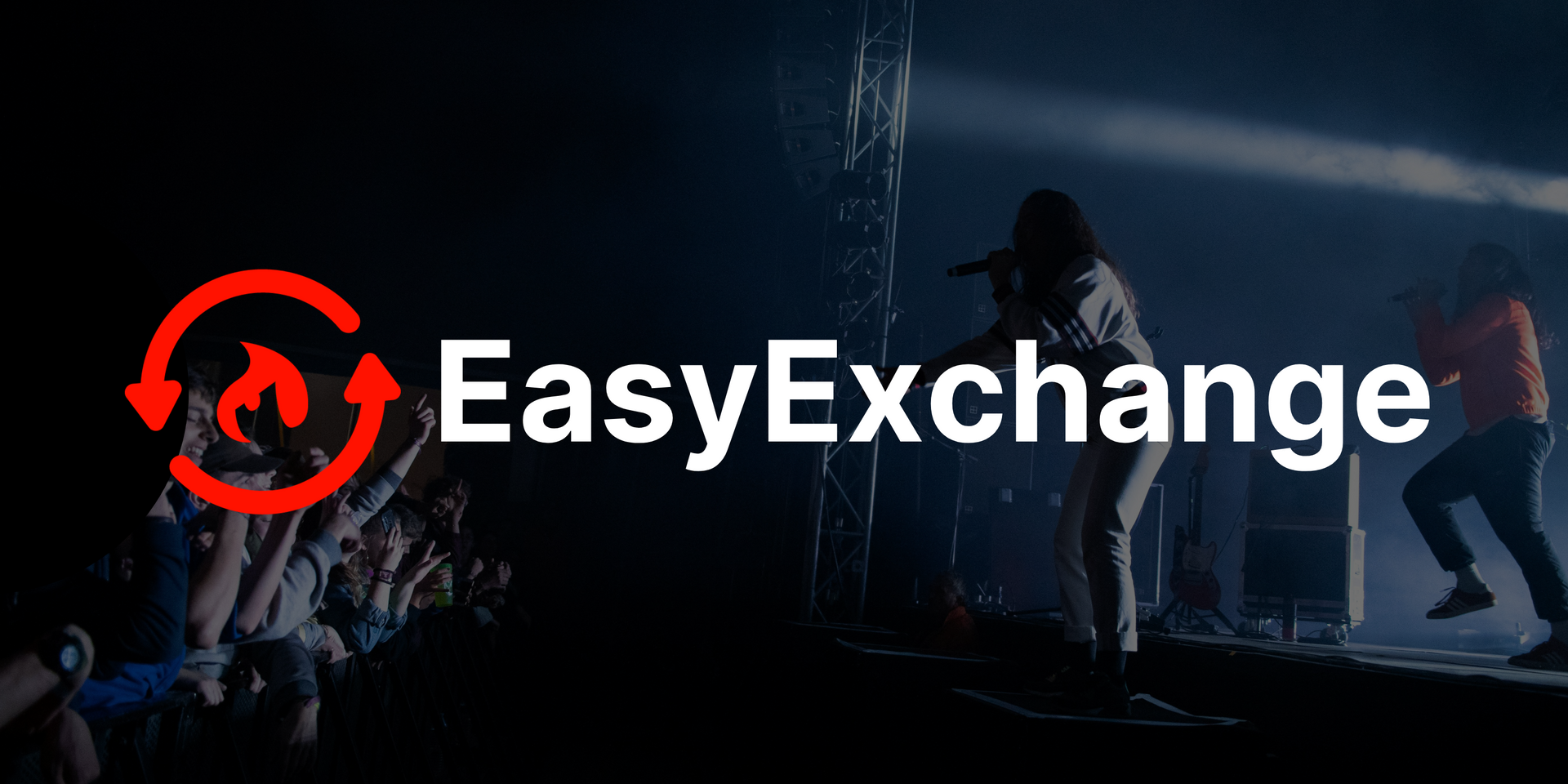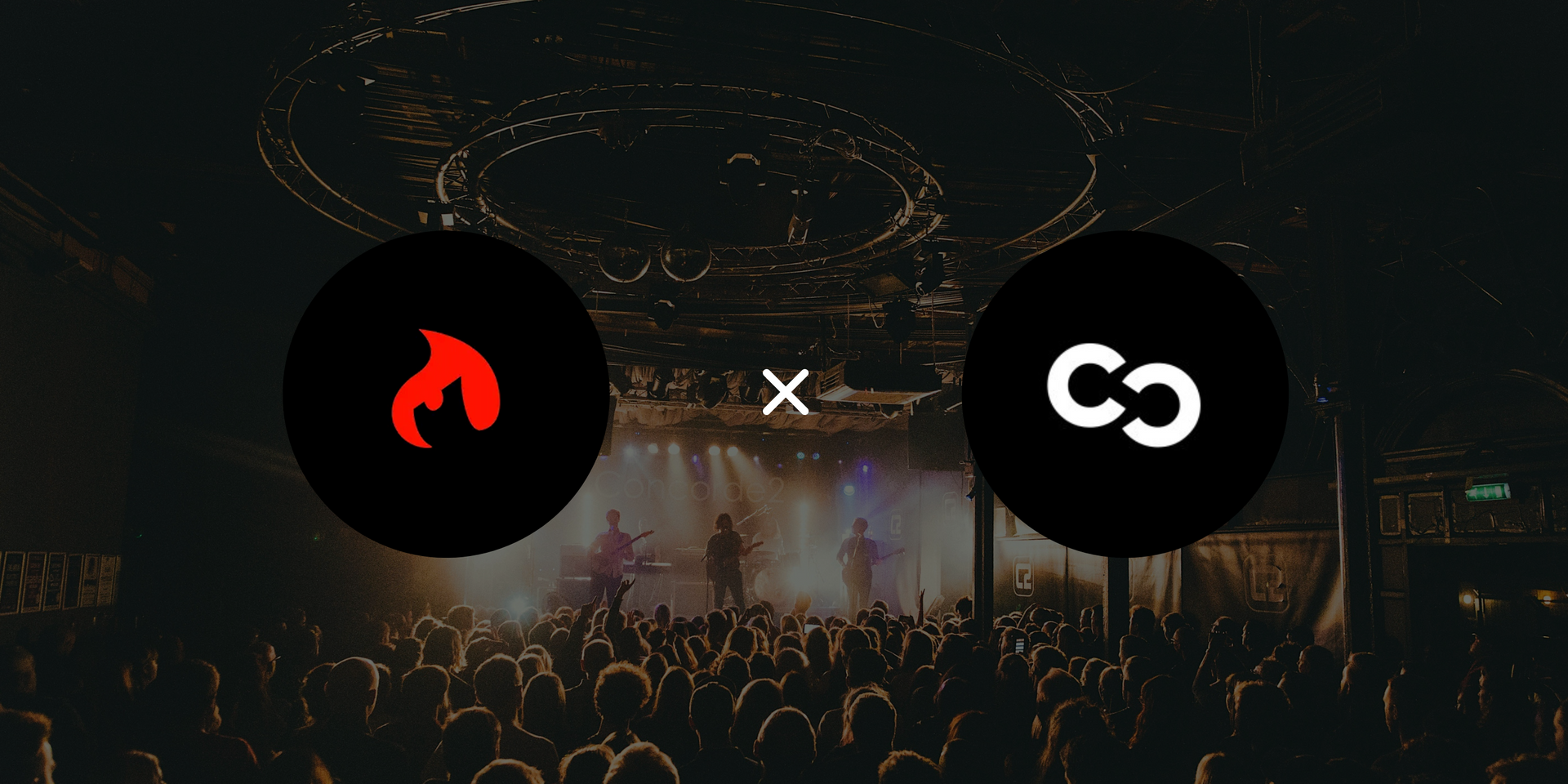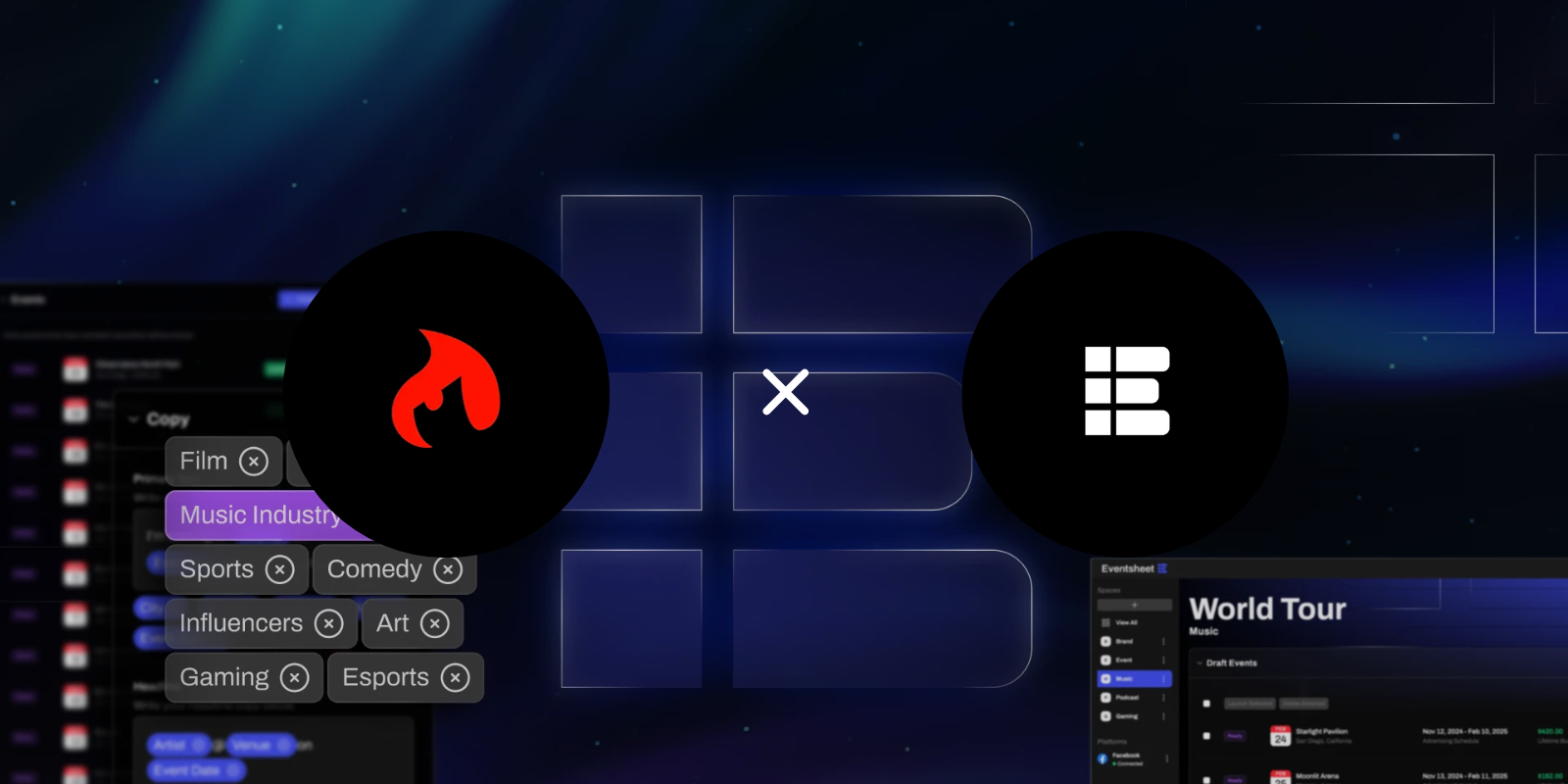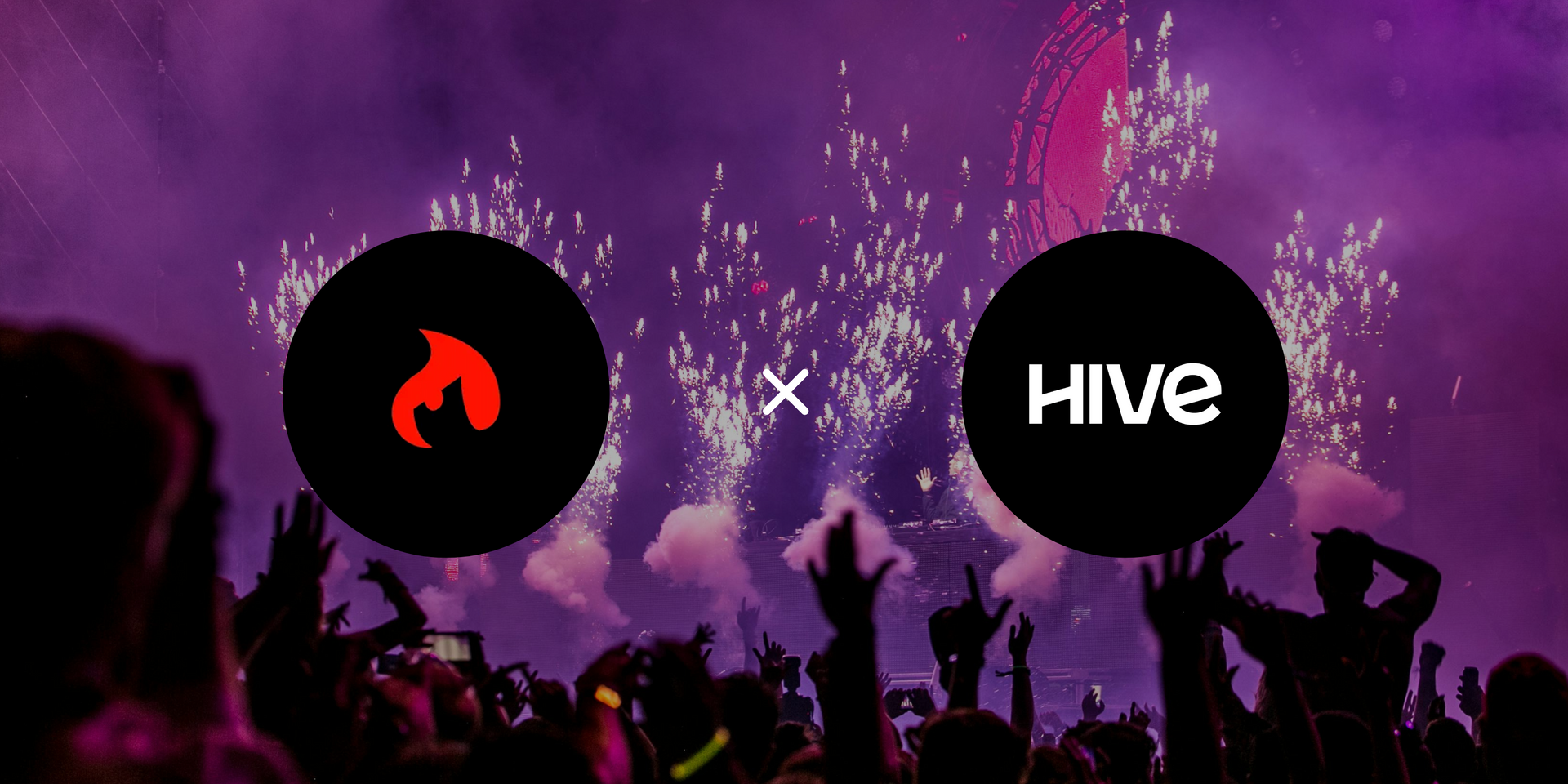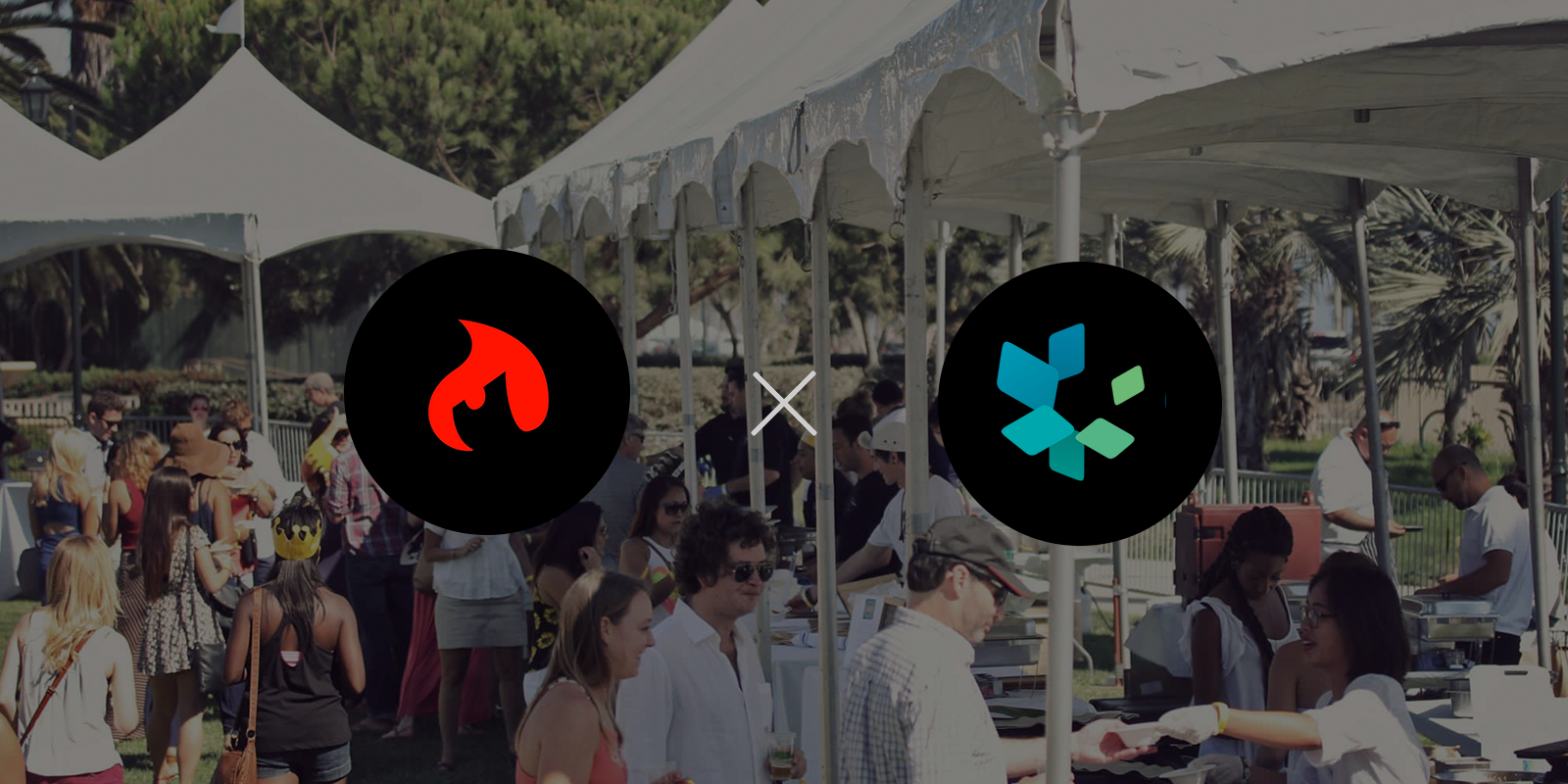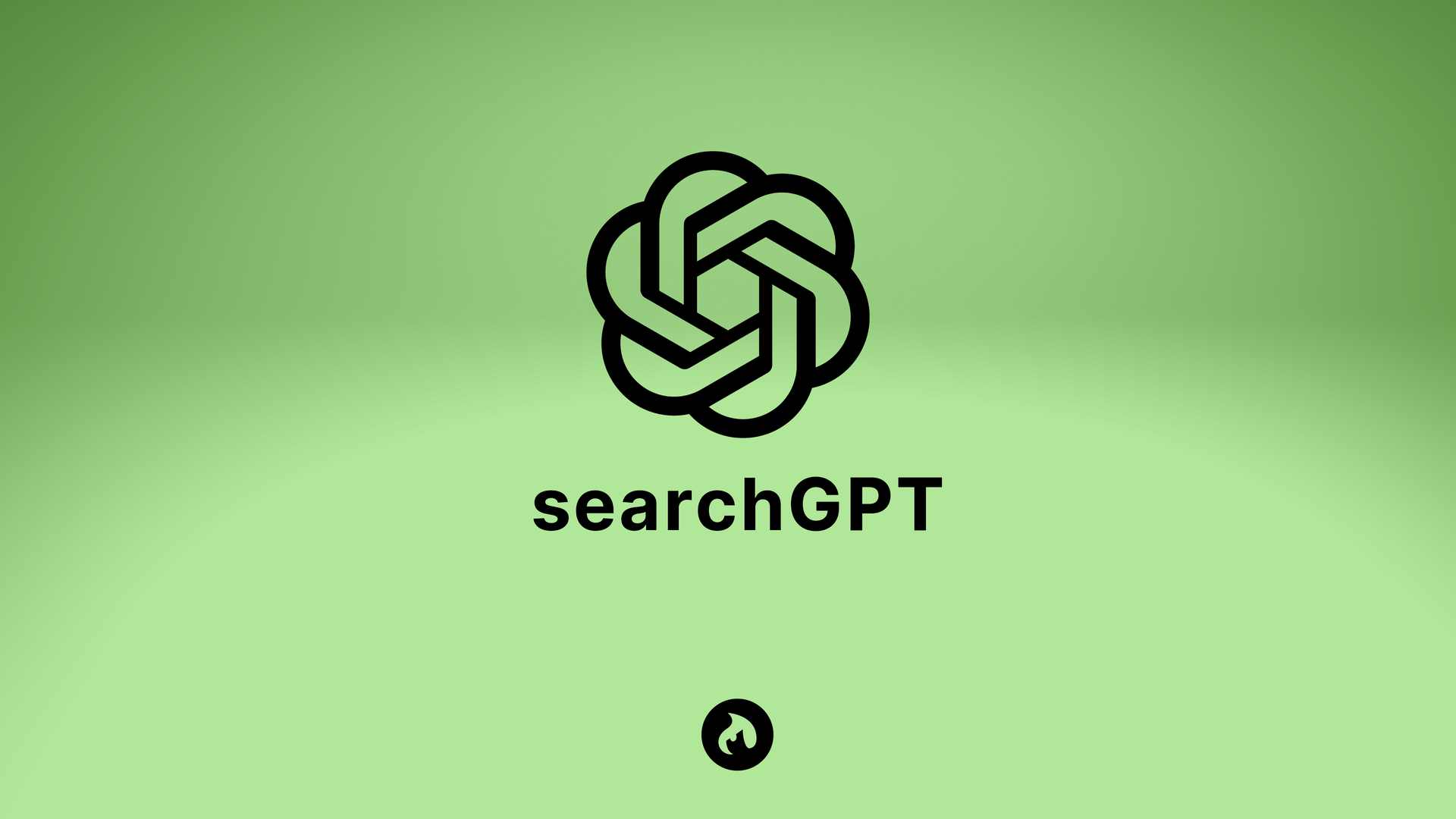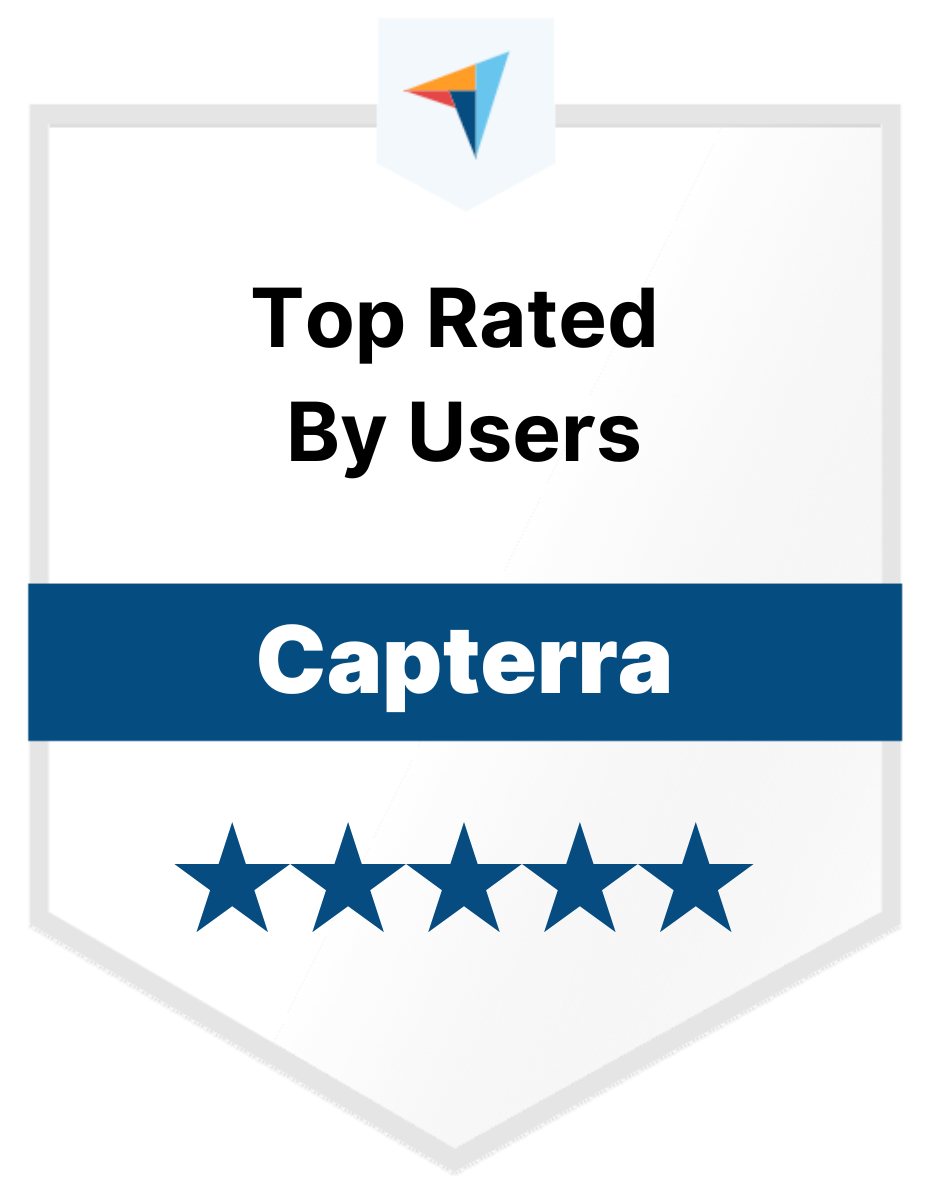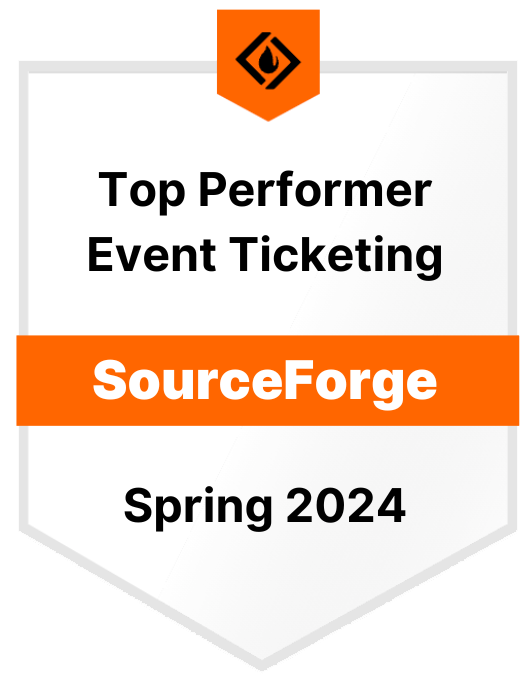GEO for Events, Venues and Attractions: How to Optimize for LLMs & AI Search (2025 Best Practices)
Optimizations for LLMs to Help Your Events Get Discovered on AI and Agentic Search
The way people discover events is changing fast, search engines are no longer the only stop or main resource. AI assistants like ChatGPT, Gemini, Grok, and Perplexity are surfacing events directly in conversational answers for people looking for what’s happening around them and where they’re traveling. Google is leaning heavily into Gemini and its “Things to Do” packs along with geo-based results. Local discovery platforms are integrating structured event feeds to fuel recommendations.
For event producers, venues, and attractions, this means one thing: if your event details aren’t optimized for LLMs, GEO and AI search, you risk being invisible where buyers are actually looking for events like yours when it matters most.
The good news? With the right best practices (and the right ticketing platform) you can make sure your events surface in search and chat results everywhere they should.
First of all, what does "GEO" and "LLMs" mean?
GEO stands for Generative Engine Optimization
GEO is the practice of optimizing your event content so it’s discoverable inside generative AI engines — tools like ChatGPT, Gemini, and Perplexity. Just like SEO makes your event visible in Google, GEO ensures your event is included in AI-generated answers to queries.
LLMs stands for Large Language Models
LLMs are the AI systems behind this new type of search. Instead of only showing links, they generate answers and recommendations based on their training data and live web content. For events, that means:
- If your event is optimized, an LLM might recommend it directly.
- If not, it could get overlooked in favor of competitors who structured their data better.
Why GEO + LLM and AI Search Optimization Matters for Events
Think about how people find things to do:
- “Things to do in Denver this weekend”
- “Best concerts near me”
- “Haunted houses tonight in Chicago”
- “When is the next Dua Lipa concert”
These queries are increasingly answered directly by Google’s event pack or by AI models pulling structured data from websites and platforms. If your event info is incomplete, inconsistent, or not machine-readable, you’ll be left out of results.
That’s why optimization matters, you’re not just competing against other events, you’re competing for visibility in the algorithms that are powering the new age of event discovery.
The Foundation: Schema & Structured Data
The single most important step is to make your events machine-readable with schema.org markup.
Ticketsauce automatically adds rich event schema to every event page you create on the platform. This tells Google and AI systems exactly what your event is, where it’s happening, when it starts and ends, who’s performing, and how to buy tickets.
Why this matters:
- Surfaces your event higher in Google’s event packs and organic results.
- Increases chances your event is cited directly by AI assistants.
- Prevents data loss when event info is syndicated or scraped to partners or calendars.
At minimum, your event schema should absolutely include:
- Event name
- Event start and end times
- Venue name + full address
- Geo coordinates (lat/long)
- Description
- Performer(s)
- Ticket offers (price & URL)
- High-quality image(s)
For Ticketsauce customers this is already built into the system. If you’re using someone else or looking at other solutions, do your homework first.
Event Naming and Title Best Practices
Your event name is one of the most powerful discovery signals, clear and searchable names win every time.
✅ Do: “Savannah Wine & Jazz Festival 2025”
🚫 Don’t: “The Wine & Jazz Festival”
Tips:
- Include the location and year when possible.
- Use terms your audience will actually search.
- Avoid inside jokes, shorthand, or acronyms unless you’re nationally known.
Writing Event Descriptions That Work
Your description should work for both humans and machines. That means clarity, detail, and natural language.
Bad: “An unforgettable night of fun.” Better: “Join us for the Savannah Wine & Jazz Festival 2025, a three-day celebration featuring top jazz musicians and wineries from across Georgia, hosted in downtown Savannah.”
Best practices:
- Lead with the “what/where/when/why.”
- Use natural sentences and don’t keyword stuff.
- Add details on performers, activities, or highlights.
GEO Optimization
Search engines and AI models love context. The clearer your geo signals, the better.
- Always include the full venue address (not just the name).
- Standardize city names (use “New York City” instead of “NYC”).
- Double-check that your map pin / coordinates are correct.
- Cross-list events on local “things to do” calendars (Ticketsauce partners like CitySpark and EventVesta can help here).
AI & LLM Search Best Practices
Beyond schema, there are simple steps you can take to make your events AI-friendly:
- Make sure event pages are crawlable. Don’t hide them behind logins or iframe-only widgets.
- Add FAQs to your event page. AI often scrapes FAQ-style Q&A for quick answers.
- Use alt text for images. “Band performing at Red Rocks Amphitheatre” beats “IMG_1234.jpg.”
- Keep details consistent everywhere. Mismatched dates or names across Facebook, Google, and ticketing pages will confuse algorithms.
Beyond Your Website or Ticketing Page
Optimizing your event pages is the foundation, but you can go further by creating content in the places AI and search engines already trust. Two of the most effective channels today are Reddit and video platforms like YouTube and TikTok.
Leverage Reddit for Event Discovery
Reddit is becoming one of the most indexed and cited sources for Google search and AI assistants. Queries like “fun things to do in Chicago this weekend” often return Reddit threads in the top results.
Best practices for events on Reddit:
- Find the right communities. Post in local city subreddits (e.g., r/Denver, r/LosAngeles) or interest-based ones (r/Comedy, r/Festivals).
- Be authentic, not salesy. Share what makes your event unique, provide tips (e.g., parking, best time to arrive), and answer questions.
- Encourage community chatter. Ask your early attendees or fans to post about their experience, user-generated discussion carries more weight than promotional posts.
- Monitor mentions. Even if you don’t post directly, keeping an eye on Reddit conversations about your event or genre can uncover opportunities to engage.
Create Video Content That AI & GEO Platforms Love
Video is not just for social engagement anymore, it’s a key discovery tool in both search engines and AI results. YouTube is the second largest search engine in the world, and TikTok is now a go-to for local event discovery. Both are heavily ingested by AI models.
Best practices for event video content:
- Keep it short and engaging. 30–60 second teasers work well. Show the vibe, crowd, or highlight acts.
- Use GEO keywords. Title and describe your video with event type, city, and year: “Savannah Wine & Jazz Festival 2025 – What to Expect.”
- Upload everywhere. Post to YouTube (favored by Google), TikTok (social-first discovery), and embed the video directly on your Ticketsauce event page.
- Add captions & schema. Captions make your video more searchable, and adding VideoObject schema ties it directly to your event for search engines.
Pro tip: Embed your event videos on your Ticketsauce event pages. This increases user engagement time, a strong signal for SEO, while also making your event content richer for AI search.
Reddit and video can give your events extra surface area in Google search, AI assistants, and “things to do” queries — while also building buzz and credibility in the community.
How Ticketsauce Helps Events, Venues and Attractions Win at GEO and AI Search
Optimizing for GEO and AI search can feel overwhelming, but with Ticketsauce, much of it happens automatically.
✅ Built-in event schema for every page
✅ Mobile-first, crawlable event pages designed for search
✅ Integrations with discovery platforms like CitySpark, EventVesta, Bandsintown
✅ Full ownership of your data so you control how events are listed and distributed
This means your events have a better chance of showing up in Google’s event packs, AI-generated “things to do” answers, and local discovery feeds — without extra work on your end.
Quick Checklist for GEO/AI Optimization
Before publishing your next event, make sure you:
✅ Use a descriptive, searchable event name
✅ Write a complete, keyword-friendly description
✅ Upload at least one high-quality image with alt text
✅ Include accurate venue details (address + geo)
✅ Add FAQs to answer common attendee questions
✅ Distribute your event across multiple channels
The Future of Event Discovery
Discovery is shifting. In 2025 and beyond, your audience will find events through geo-based search and AI-driven recommendations. Event producers who adapt early will capture more visibility, more traffic, and more ticket sales.
At Ticketsauce, we’ve built our platform to make this easy, so your events stand out, no matter how discovery evolves.
Book a Call or Demo to Learn More
Book a call to learn more about Ticketsauce and how we can help you show up on AI Searches.
GEO and AI Search FAQs
Have more questions on how to optimize your event, venue or attraction for LLMs, GEO and AI Search? Here are some FAQs that will hopefully answer your questions.
